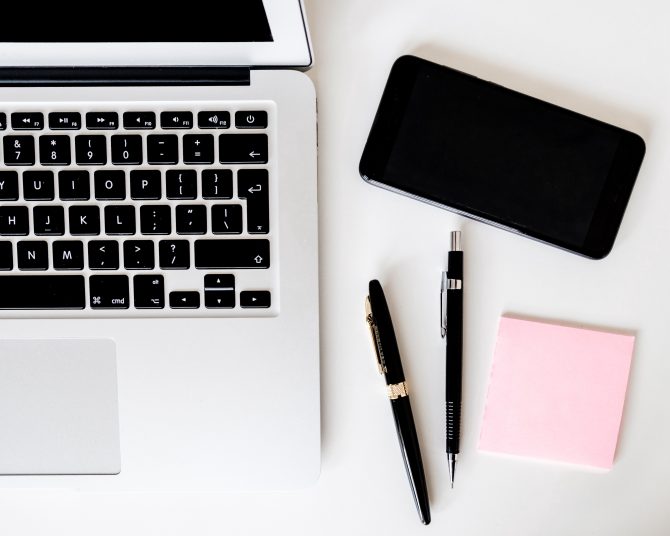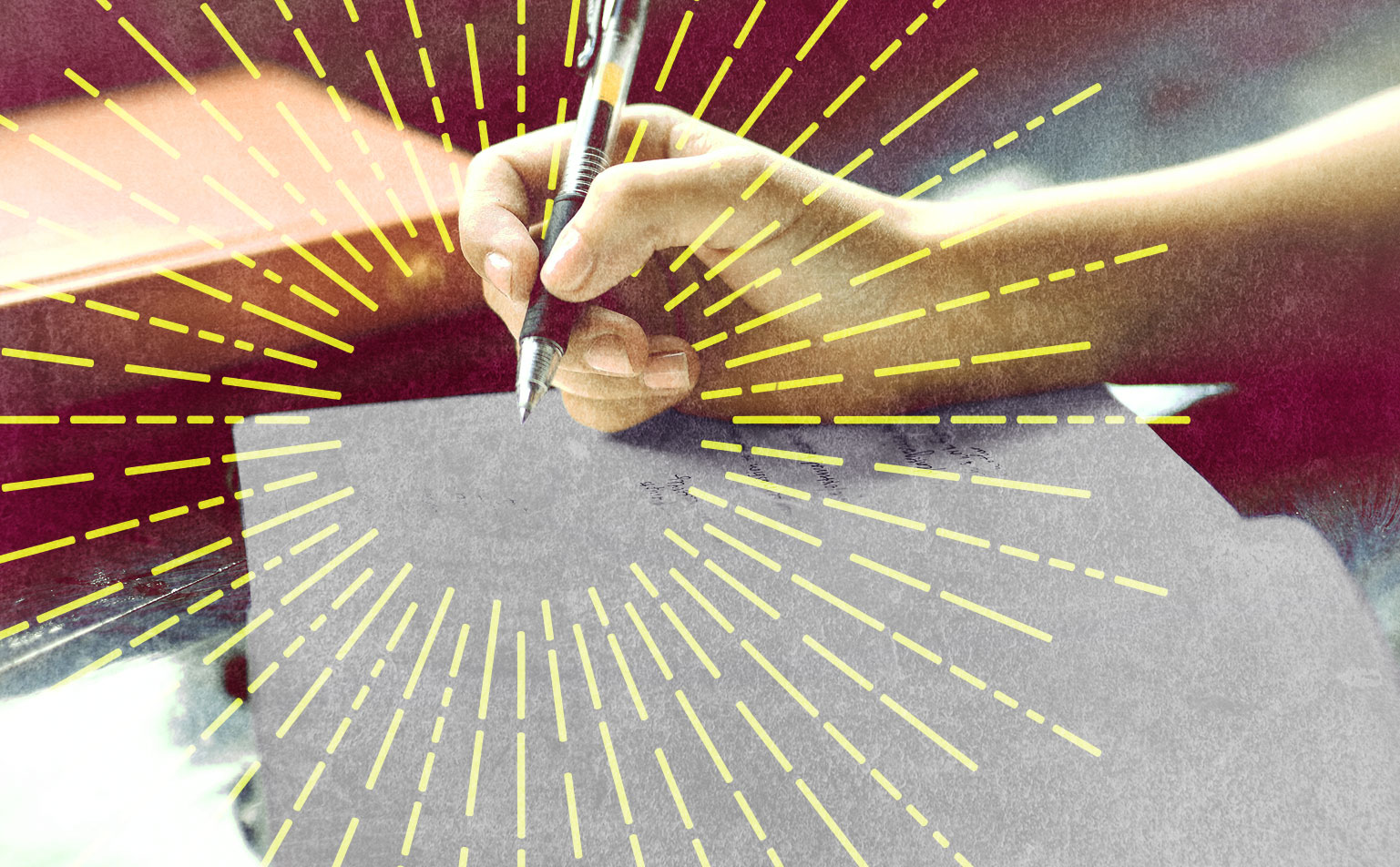Interviews can be intimidating, overwhelming, and have you second-guessing every word that comes out of your mouth. But interviews are obviously something you can’t avoid unless you want to be unemployed forever.
It can be hard to know where to start when you’re prepping for an interview. Acting overly confident and assuming you don’t need to prepare is one of the biggest mistakes you can make. Yes, with practice and time you’ll be better at answering interview questions and thinking on the spot, but that doesn’t mean that you shouldn’t prepare at all. That preparedness will make you feel more confident and guide you through tough questions that are more challenging than you realize.
Here are some tips to help you prepare for interviews that’ll help you land the job…
Step One: Research The Organization

This may seem like a no brainer but it’s so important to research the organization you are interviewing with. Even if it’s a company you have been following for years and think you know a lot about—additional research is essential.
Read the “about us” and “work for us” sections of their websites. This should provide a good overview of the company’s history and what they’re looking for in employees. If you know who is interviewing you, then do some digging to identify shared things you have in common. This also offers an opportunity to showcase your research skills by bringing up the information you’ve uncovered. Employers love preparedness because it demonstrates that you care enough about the opportunity to do your research.
Step Two: Read The Job Description

Reread the job description carefully. Compare the skills they are looking for with what you have to offer. Even if your experiences are not directly related to an item in the job description, think of examples in your career/education that ties into what they are looking for. Understanding how you fit the bill for what they are looking for will help you better answer the interview questions. Basically, you can drop key experiences or stories that tie into the key skills they’re looking for.
Step Three: Prepare Responses

Practicing questions can be difficult because you literally have no idea what the interviewer may ask you. However, even if you don’t get asked specific questions, practiced answers can boost your confidence when it comes to articulating your skills.
I use Google to find general interview questions to practice. They offer great sample questions for specific jobs/industries. I find that practicing in the mirror and saying my answers out loud helps me feel more confident for the interview.
Step Four: Plan What To Wear And Bring

Planning what you are going to wear and what you need to bring before the actual interview can decrease your stress the day of. If you know what the dress code is at the workplace, this will help you determine what to wear. If you don’t know, then dressing more formal is always a safe bet. Actually, even if the office environment is casual, you should always dress one level up from that.
For example, if employees wear jeans and t-shirts, you should dress business-casual for that professional look and vibe.
So, what do you bring to the interview? Nowadays, most people already have copies of your resume but it never hurts to have spare copies with you. You might also want to bring a portfolio to display samples of your work. Or provide a list of references in case they request them.
Step Five: Be Mindful Of Your Non-Verbal Communication

So you can talk the talk but can you walk the walk? Your non-verbal communication is so important in an interview. Some tips:
- Show up early and give yourself plenty of time to find the office so you aren’t late.
- While you’re sitting in the lobby waiting for your interview, be polite to the front desk staff. Ensure you’re projecting a good image to those walking by or working near where you’re waiting.
- Be confident but not cocky. Smile, make eye contact, use a firm handshake, sit up straight, etc.
- Watch their non-verbal communication and adapt accordingly. For example, they may be professional or laid-back/conversational. Respect that and adapt accordingly while still being yourself. Employers are looking for the right fit for their team. So, if you’re over-the-top loud while they’re quiet and laid-back, you might scare them off.
Step Six: Follow-Up

Make sure you follow-up while in the interview and after. Usually, all interviewers ask if you have any questions at the end so it’s best to have some prepared. You might want to ask what the company culture is like or follow-up on something they mentioned about the role. Maybe ask them what they like about their job or what your day-to-day may look like in this role. Asking questions shows that you have an interest in the role!
It’s important to follow-up too!
Send a short and professional thank you email to your interviewer and reiterate why you are interested in the job. After a week or two, you might want to follow-up again to remind them of your interest and ask about next steps/if they’ve made any decisions. Some people may see this as being annoying to the interviewer, but really it emphasizes your interest in the role.
Interviews don’t have to be overwhelming, but it’s okay to be nervous.
In fact, it’s pretty weird if you’re not nervous at all. But act confident when you walk through that door and make sure you follow these steps so you’re following proper interview etiquette to set yourself up for success!
If you’re looking for more tips and tricks, check out Job Hunting: 8 Tools and Resources.

Scholarships That Anyone Could WinF
*Opinions expressed are those of the author, and not necessarily those of Student Life Network or their partners.




